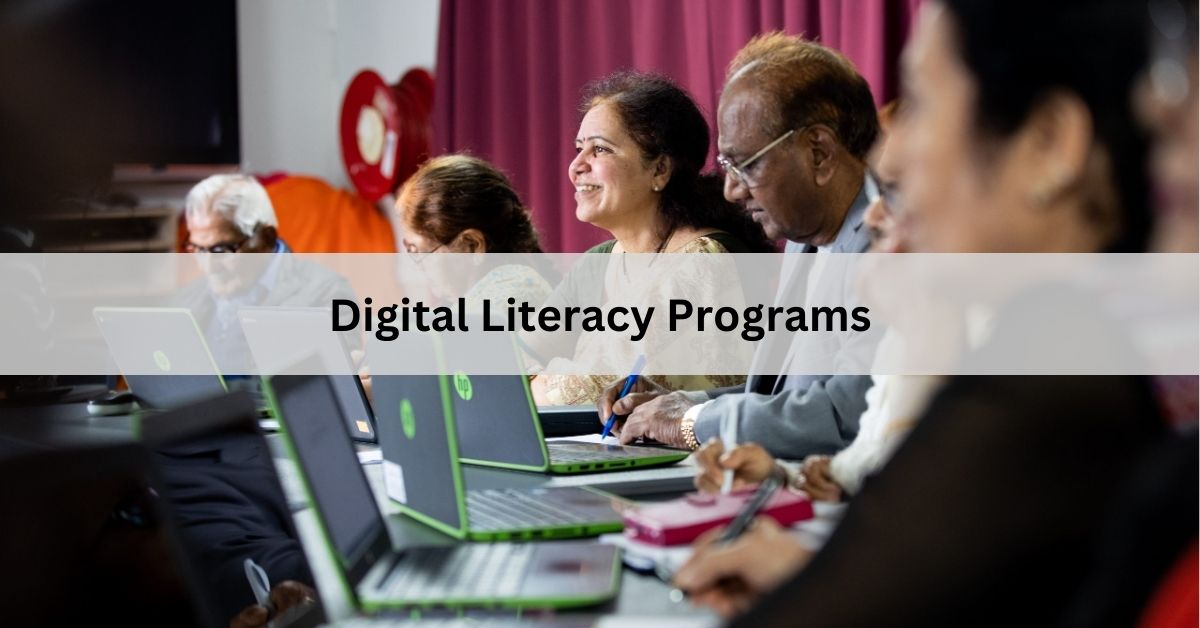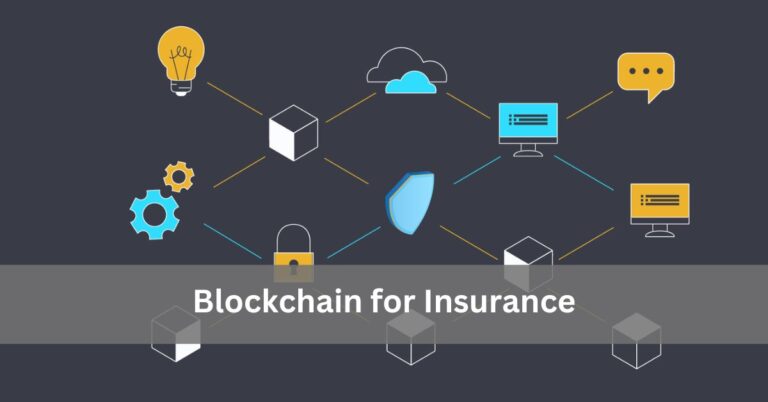In today’s digital era, proficiency in using technology is not just advantageous but essential. Digital literacy programs play a pivotal role in equipping individuals with the skills and knowledge needed to navigate and thrive in the digital landscape. This article explores the significance of digital literacy, types of programs available, and their impact on personal and professional development.
Importance of Digital Literacy
Digital literacy encompasses the ability to effectively use and navigate digital devices, software, and online platforms. It empowers individuals to communicate, collaborate, and access information efficiently. In a world increasingly reliant on technology, digital literacy is crucial for:
- Workplace Readiness: Many jobs now require basic to advanced digital skills. Digital literacy enhances employability and productivity in various industries.
- Education: Students need digital literacy to research, study, and complete assignments using online resources and educational tools.
- Social Inclusion: Digital literacy reduces the digital divide, ensuring equitable access to information and opportunities for all.
Types of Digital Literacy Programs
Basic Digital Skills Training
Basic digital literacy programs focus on fundamental skills such as:
- Internet Navigation: Teaching users how to browse the web safely, search for information, and evaluate online sources.
- Email and Communication: Understanding email etiquette, composing messages, and managing contacts.
- File Management: Organizing files and folders, using cloud storage services like Google Drive or Dropbox.
Advanced Digital Skills Development
Advanced programs cater to users looking to enhance their proficiency in specific areas:
- Digital Marketing: Learning to use social media platforms, SEO techniques, and online advertising tools to promote businesses or causes.
- Programming and Coding: Teaching programming languages like Python or JavaScript for software development and web design.
- Cybersecurity: Educating users on identifying cyber threats, protecting personal data, and practicing safe online behavior.
Digital Literacy for Seniors
Programs designed for seniors focus on teaching them how to use smartphones, tablets, and computers for communication, entertainment, and online shopping. These programs often emphasize usability and accessibility.
Impact of Digital Literacy Programs
Personal Empowerment
Digital literacy programs empower individuals to:
- Access Information: Navigate online libraries, databases, and educational resources to expand knowledge and skills.
- Connect Socially: Use social media platforms and video conferencing tools to stay connected with friends, family, and communities.
- Manage Finances: Conduct online banking, budgeting, and financial planning with confidence.
Professional Advancement
In the workplace, digital literacy enhances:
- Productivity: Efficient use of digital tools and software streamlines tasks and projects.
- Career Opportunities: Digital skills are increasingly valued by employers across industries, opening doors to new job roles and career paths.
Community Engagement
Digital literacy fosters:
- Digital Citizenship: Understanding rights and responsibilities in digital spaces, including online etiquette and ethical behavior.
- Civic Participation: Using digital platforms to advocate for social causes, engage in community initiatives, and participate in democratic processes.
Conclusion
Digital literacy programs are indispensable in today’s interconnected world. They empower individuals of all ages and backgrounds to harness the full potential of digital technology for personal, educational, and professional growth. By participating in these programs, individuals not only enhance their skills but also contribute to a digitally inclusive society. As technology continues to evolve, investing in digital literacy ensures that everyone has the opportunity to thrive in the digital age, bridging gaps and unlocking new opportunities for innovation and collaboration.
























+ There are no comments
Add yours